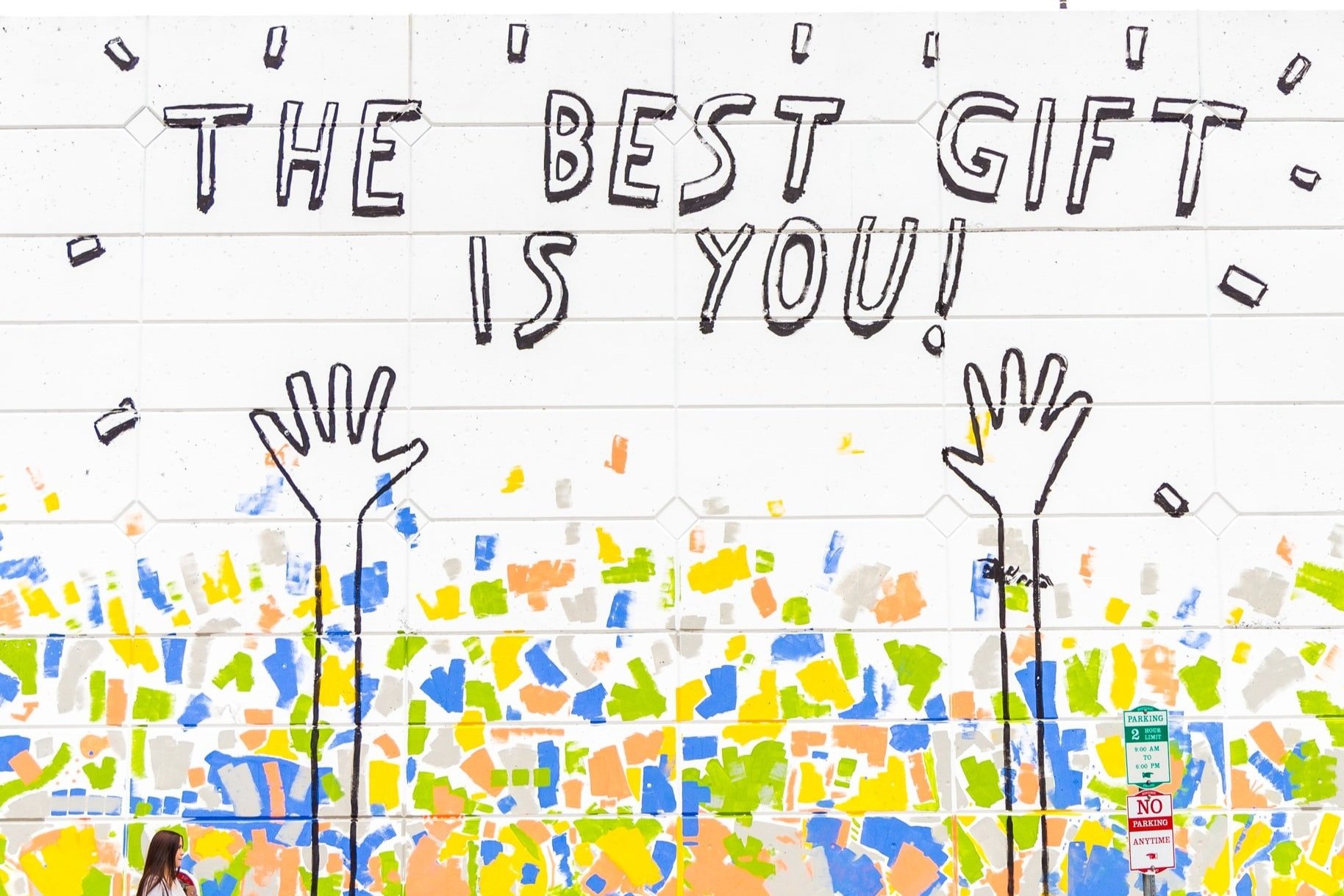Trust Yourself
In one year, 2018-2019, three million self-help books were sold. That was a rise of 20% according to an article in The Guardian. And that probably doesn’t include all the health and fitness books that were sold as well, or the ‘healthy’ cookery books, or the ones borrowed from the library or friends.
So what am I getting at? We feel like we need advice from others about how to be healthy.
How many times have you read a piece of health advice and thought to yourself, “they used to say fat was bad for you, now it’s sugar” or “I thought it was 150 minutes of exercise a week, now they’re saying it’s 30 minutes every day.” Sometimes these changes happen because new findings come from research of course. Sometimes, it depends what’s trendy at the time. And anyway, who are THEY that we refer to? We all say it. THEY say that blueberries are a superfood. THEY say we should aim for 10,000 steps a day. THEY are apparently the experts. And some of them are. Some of them have really interesting thoughts, ideas and knowledge to pass to us, but we can’t possibly listen to all of it, let alone put it all into practice! So we filter out what appeals to us and what resonates with our own ideas. That’s where our intuition comes in. Those bits of info that resonate with us, connect to something we already believe to be true.
If you’re a parent, you’ll have heard the phrase, “you're the expert on your child.” I think this is true for most things (I’m talking everyday issues of course, not illnesses etc.) and yet nobody says, “you're the expert on your own body” which we have lived in all our life, so you’d think we’d know it even better than we know our children! But it seems that we don’t believe that’s true. Or we don’t have the confidence to test if it’s true. Take exercise for example, do you move in ways that bring you joy, that uplift you mentally, that allow you time to yourself, or time to be social, that changes your energy levels for the better (in whichever direction you want)? My guess is that sometimes that’s a “yes”, but mostly it’s a “I do whichever one burns the most calories/can be done the quickest” or “I love my zumba class once a week” (what about the rest of your movement across a week?)
Take another example of food, do you listen to your body’s signals of hunger and fullness? Do you listen to what food it wants you to eat for your enjoyment and for your nutritional health? Again, I would guess that’s sometimes a “yes” (although more likely it was a “yes but…”) but I would think there were also lots of, “I don’t eat until 11am because intermittent fasting is meant to be really good for your digestion,” or “I really love that cheesecake at the restaurant, so I’m saving myself for that tonight” (meaning you are consuming fewer calories to make up for it, despite being hungry), or, “I just go to bed earlier/clean my teeth to stop myself eating in the evenings.”
If we turn up the awareness of ourselves and listen more to our bodies, we are more likely to make healthy choices (and I don’t mean eating an apple when we actually want a biscuit!). I mean we’ll make choices that make us feel good. When we listen to ourselves, we’re more likely to hear when something isn’t quite right with us, which in turn means we are more likely to live by our values, surround ourselves with people who lift us and support us and therefore we will be happier and healthier.
Reference:
https://www.theguardian.com/books/2019/mar/09/self-help-books-sstressed-brits-buy-record-number

